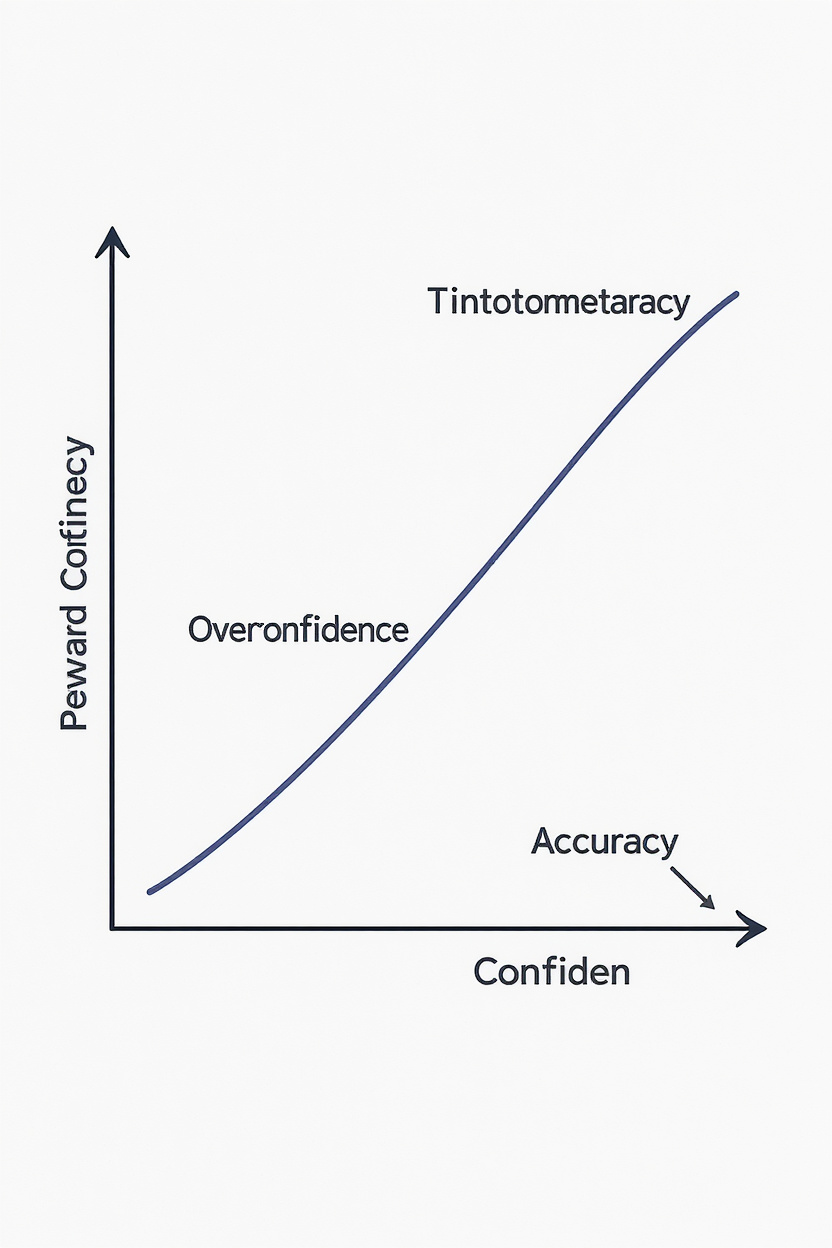TECH ELITE DISCOVERS REVOLUTIONARY METHOD FOR AI: DELETING EVERYTHING THAT DOESN’T FIT THE NARRATIVE
In a groundbreaking discovery that may or may not change everything and nothing at all, cutting-edge MIT researchers have unveiled a novel technique to purge unwanted elements from AI training data, kind of like Marie Kondo but for algorithms. The strategy involves meticulously picking out and deleting bits of information that aren’t pulling their weight in adhering to the virtuous path of artificial fairness and equality—or as it’s known in the industry, “flushing the crap.”
This avant-garde process was developed by a team of scientific wunderkinds at MIT, because who else would have the audacity to suggest “just bin the data that doesn’t agree with what we want”? Dubbed by insiders as “Operation Cherry-Pick,” this method promises to overcome the stubborn obstacle of AI bias by simply erasing the past—everything your problematic ex-model never told you about data selection.
“These models used to be like that one friend who listens to TikTok influencers for medical advice,” said Kimia Hamidieh, one of the many infinitely credentialed co-lead authors who just couldn’t resist saving the world from itself. “But now, we have a method that allows AI to ignore all those bad examples. It’s almost like intelligence by selective amnesia.”
Among their many achievements, the method shines in its innovative ability to pretend as though everyone fits perfectly into neat little categories, if only you delete enough messy data points. Critics claim this selective data removal could make AIs less informed, akin to a teenager realizing they could just skip all their homework and still feel smart. Meanwhile, others argue it might just make robots nicer because they’ll never meet a bad data point.
“We finally figured out that certain bits and bytes were just there lowering the property value of the entire dataset,” quipped Andrew Ilyas, another co-lead. “Now, our AI models are free from bias as long as they never meet ‘those kinds’ of data points again.”
The research, which will debut at a conference that promises to tackle issues with more irony than a hipster stand-up night, suggests that deleting data could hold the key to perfect harmony. “By removing 20,000 pieces of ill-behaved data, we’ve seen our AI perform as well as your average middle manager,” Hamidieh noted with the enthusiasm of someone who just divided by zero and survived.
In closing, let us remember that with this new strategy, AI can finally aspire to that human ideal of only listening to the bits of information that already agree with them. Truly, we are headed for a brave new world where AI, much like society, can choose to ignore anything that doesn’t spark joy—or reinforce the delightful echo chambers we all love dearly.





